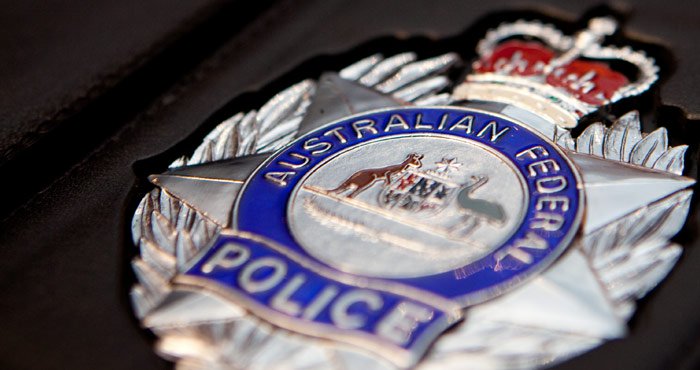ABC journalist Dan Oakes won’t face prosecution over Afghan Files reporting
The Commonwealth Director of Public Prosecutions has confirmed ABC journalist Dan Oakes will not face prosecution over his work on the Afghan Files.
It’s been over a year since the Australian Federal Police (AFP) raided ABC headquarters in Sydney and three months since the AFP pushed for charges against Oakes.


